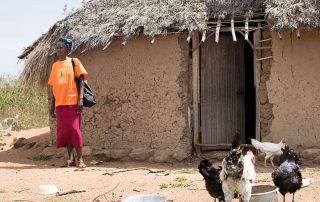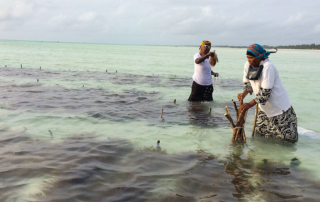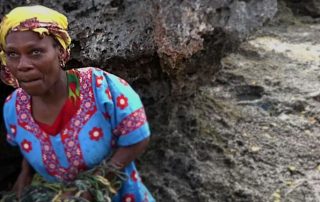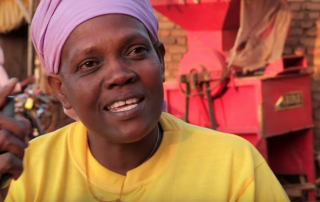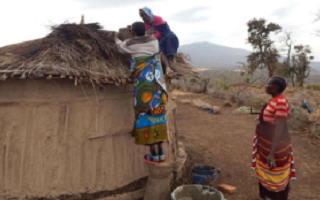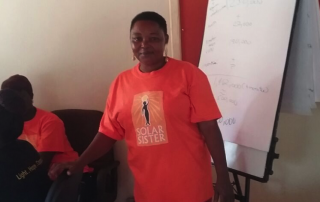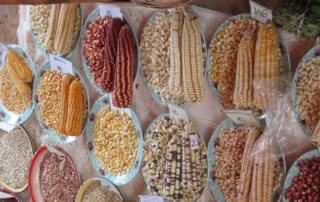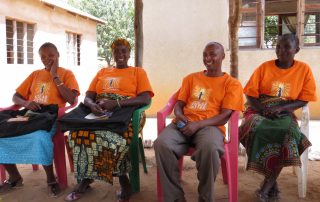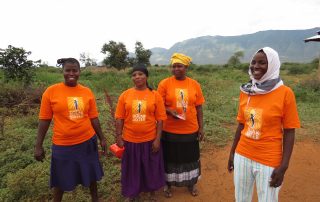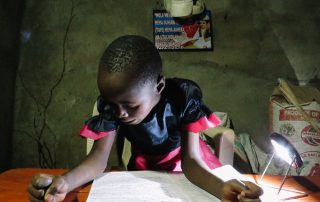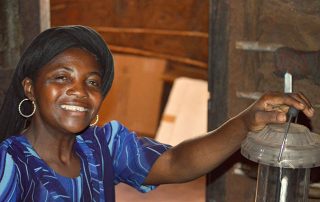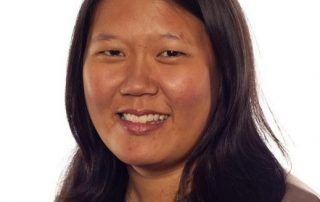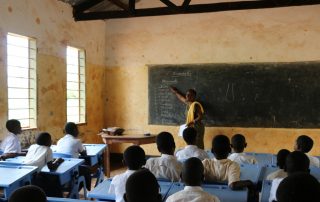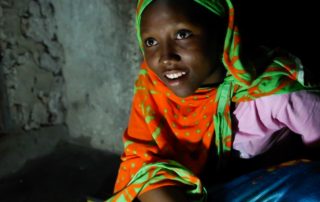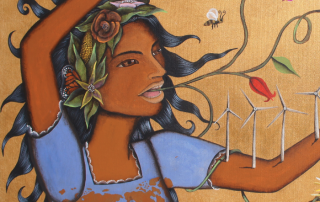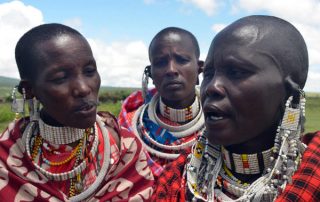Yes, She Can! A Tale Of Two Women Transforming Their Local Energy Landscapes
Diana Mbogo and Margaretha Subekti are two female entrepreneurs expanding energy access and transforming daily life for their local communities in Dar es Salaam, Tanzania and West Manggarai, Indonesia, respectively. In Dar es Salaam, where power outages are a persistent issue, Mbogo provides technical assistance and sells small-scale energy solutions to residents interested in renewable energy through her company Millennium Engineers. She is driven by the fact that energy is the backbone of development. In West Manggarai, Subekti empowers rural women and encourage sustainability through multiple people-centered businesses that she has founded. As a beneficiary and now leader of Kopernik’s Wonder Women program, she manages and supports over thirty women implementing recycling/upcycling projects and selling clean energy products in the community to foster economic independence. Additionally, Subekti’s Rumah Pintar offers community and guidance to neighborhood women and children and her local coffee shop maintains a strong business model of supporting local farmers.


